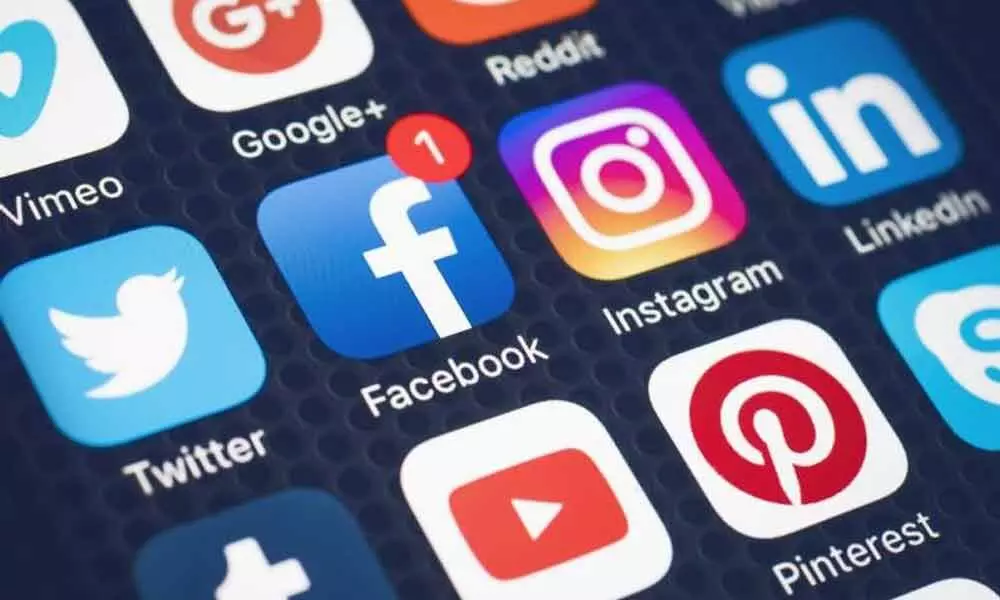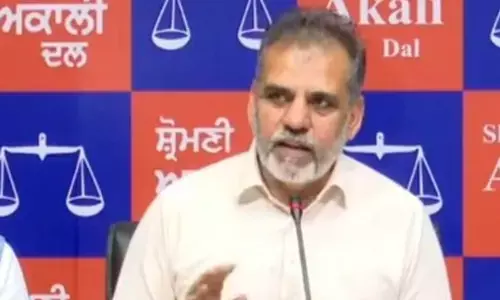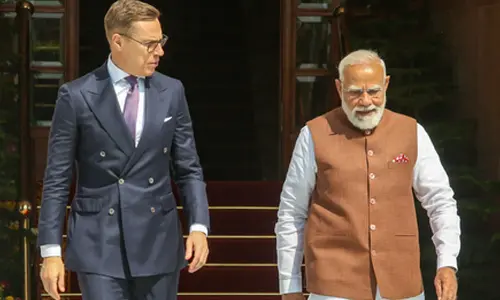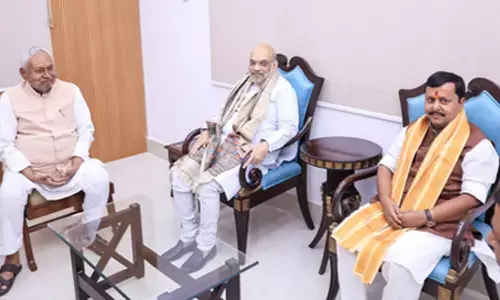Explained: Will Facebook, WhatsApp, Twitter, and Instagram banned in India from today

Explained: Will Facebook, WhatsApp, Twitter, and Instagram banned in India from today
Will India ban Twitter, Facebook, WhatsApp, Instagram, and other social media platforms in India? No, here we have tried to explain the whole scenario in 10 easy points.
Will the big social media platforms like Twitter, Facebook, WhatsApp, Instagram, YouTube, among others, be banned in India? Well, that's what various reports have claimed in the last few days, but unfortunately, these are all claims without a valid reason. So we suggest that you take any information that indicates that these big social media platforms will be banned/blocked in India with a pinch of salt as nothing of that sort will happen, at least in the short term. Today is May 26, and Twitter, Facebook, WhatsApp, Instagram, and all other "major social media" platforms continue to work in India.
So why were hashtags like Twitter ban, WhatsApp ban, Facebook ban, Instagram ban and other related hashtags trending in India on Tuesday, May 25? That's because the new IT rules and guidelines go into effect as of today, May 26. This means that all social media platforms will have to comply with new IT rules and regulations.
Will Facebook, Twitter, Instagram, WhatsApp and more be banned? No.
To close all the rumours circulating on the Internet, let's explain in 10 points: what the new IT rules establish and why it is said that the platforms of "important social networks" such as Twitter, Facebook, WhatsApp, Instagram, among others, banned in India.
1) At first, on February 25, the Indian government announced a new set of IT rules to follow by all social media platforms operating in India. The government announced that social media platforms should comply with the latest IT rules by May 25. The new IT rules and guidelines went into effect today, May 26.
2) According to IT rules, big tech companies, the government calls them "significant social networks", should have a chief compliance director in India who can respond quickly to the demands and needs of the government when needed.
3) The government, under the new TI rules, has asked these social media platforms to hire a nodal officer, who will coordinate with law enforcement agencies 24/7 when required by the government.
4) Social media companies have also been asked to hire a grievance redressal officer. The official, the government said, will help social media users with their complaints.
5) Under the new IT rules, the government has asked social media companies like WhatsApp to make sure they can trace a message back to the original sender. In other words, this means breaking end-to-end encryption on notifications, which is exceptionally challenging for messaging tools like WhatsApp. In addition, for the past few months, WhatsApp has been under pressure due to its new privacy policy that came into effect on May 15, 2021.
6) There are some OTT platforms like Netflix, amongst others, that have complied with the new set of IT rules from the Indian government. On the other hand, there are enormous social platforms like Twitter, Facebook, Instagram, and more that have yet to abide by the IT rules. However, Facebook said in an official statement Tuesday, "we aim to comply with the provisions of the IT rules and continue to discuss a few of the issues which need more engagement with the government."
7) Then, companies that have complied with the new IT rules will operate without government interference. But, that may not be the thing for those who do not comply with the new regulations. Does it mean that social media platforms that don't follow the latest IT guidelines will be banned in India? No, that will not happen as of now.
8) To know whether there are chances that Twitter and prominent social media platforms will be blocked in India or not, we first need to understand subsection (1) of IT Act Section 79. The IT Act clauses protect social media companies and streaming services by making them "intermediaries". In other words, the intermediaries are not responsible in any way for the user's content. Therefore, social media platforms that do not comply with the new IT rules will lose the protection that intermediaries receive under the IT Act.
9) So what happens when a social media platform or streaming service loses protection from intermediaries? In such a scenario, these social media platforms can be dragged into court at any time and prosecuted using applicable laws.
10) While failing to abide by new IT rules may allow the government to take serious action against the big social media platform, it doesn't mean much to end-users. So Twitter, Facebook, WhatsApp or any other platform that has not yet complied with the new IT rules and guidelines will continue to work in India; it continues to work now that the new IT rules have come into effect. However, it should be noted that these platforms will continue to operate until the government of India does not go against them. Well, that also seems unlikely given the critical role these platforms play in our lives these days, especially Twitter that updates users with all kinds of information on the current COVID-19 situation in India and other things.
At the moment, Twitter, Facebook, Instagram, WhatsApp, and other prominent social media platforms will not stop working in India. But, there are no official words on it from the companies or the Indian government.










